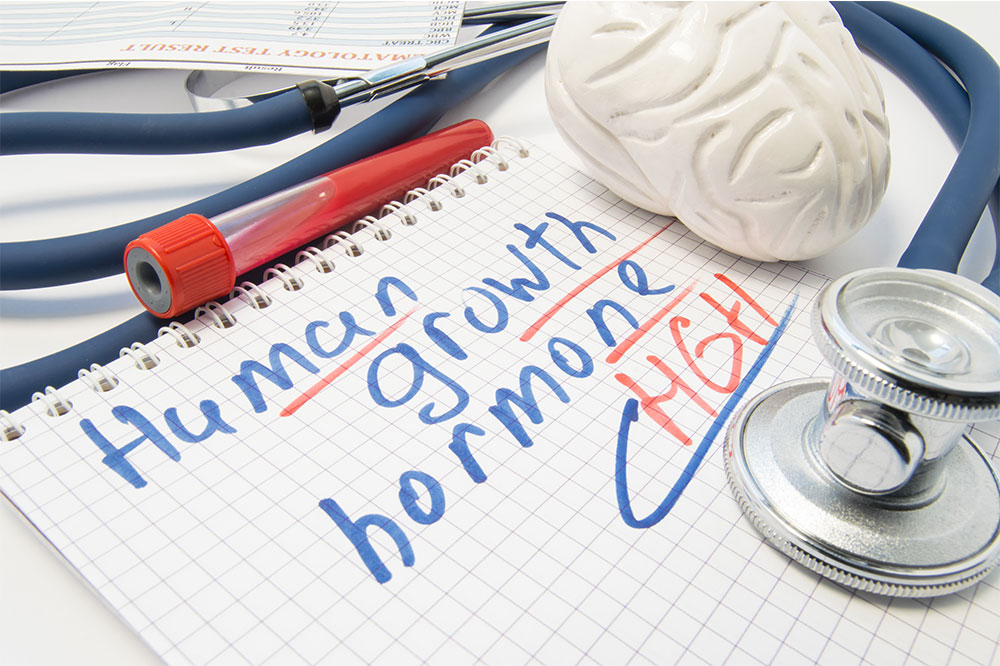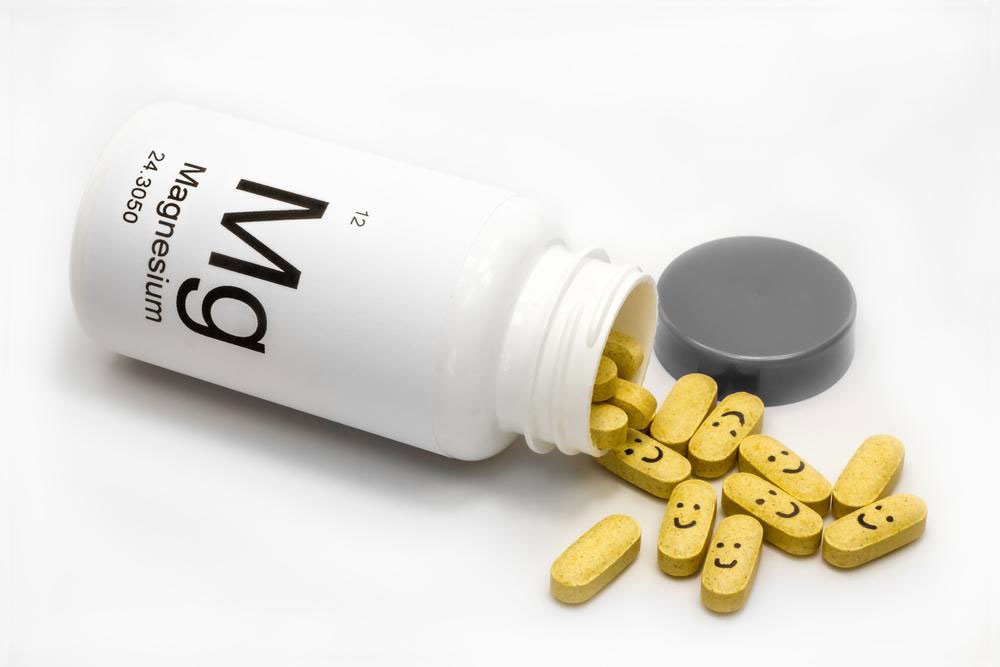Comprehensive Guide to Human Growth Hormone Therapy: Benefits, Risks, and Insights
This comprehensive guide explores human growth hormone therapy, covering its benefits, risks, signs of deficiency, and treatment procedures. Learn how synthetic GH can aid children and adults, improve health, and what precautions to consider. Essential reading for those interested in hormone health and medical advancements.

In-Depth Overview of Human Growth Hormone Treatment
The pituitary gland, often referred to as the body's master endocrine gland, is a small but powerful organ located at the base of the brain. It plays a pivotal role in regulating numerous hormones that influence growth, metabolism, and overall health. Among these hormones, growth hormone (GH) is crucial for normal physical development and maintaining bodily functions throughout life. However, as people age or due to certain medical conditions, the pituitary gland's ability to produce sufficient growth hormone diminishes. This decline can lead to various health issues, prompting the development of synthetic human growth hormone (hGH) therapies to address deficiencies and promote wellness.
Recognizing the Signs of Growth Hormone Deficiency
Growth hormone plays an essential role not only in stimulating growth during childhood but also in regulating metabolism, preserving bone density, supporting muscle integrity, and maintaining a positive mood. Its influence extends across many body systems, making deficiencies a concern at any age.
Children affected by growth hormone deficiency may display various signs that have a significant impact on their development. These include:
Being noticeably shorter than other children of the same age
Having a chubby or stocky body build
Experiencing delayed puberty
Exhibiting short stature that doesn’t match growth milestones
Facing issues with hair growth or hair thinning
Some children may also be born with a smaller size at birth, though this isn't always apparent. Often, signs of growth delays become evident after a few years, especially when compared with peers. Recognizing these early symptoms is vital to timely intervention.
In adults, the reasons for growth hormone deficiency often relate to damage or dysfunction of the pituitary gland caused by factors such as radiation therapy, traumatic injury, infections like meningitis, or tumors. The symptoms in adults can significantly diminish quality of life and increase health risks, including:
Feelings of anxiety, depression, or emotional instability
Accumulation of visceral fat in the abdominal area
Weakening of bones, leading to osteoporosis
Muscle wasting and decreased physical strength
Poor cardiovascular health, increasing risks for heart disease and stroke
Persistent fatigue and difficulty concentrating or recalling information
Advantages of Human Growth Hormone Therapy
Modern synthetic growth hormone therapy offers a promising solution for those suffering from hormone deficiencies. The treatment aims to restore and enhance various bodily functions, leading to better overall health and well-being. Its potential benefits include:
Facilitating proper growth in children who are underdeveloped due to deficiencies
Enhancing physical stamina and reducing fatigue
Improving mental health, including mood stability, memory, and sleep quality
Helping to build and maintain muscle mass, particularly important with aging
Stimulating collagen production, resulting in healthier, more elastic skin
Promoting faster bone healing and strengthening bone density
Lowering cardiovascular risks by improving lipid profiles
Addressing specific syndromes such as Prader-Willi syndrome and Turner syndrome
Counteracting HIV/AIDS-related deterioration in body composition
Since research on synthetic growth hormone is ongoing, consulting a healthcare provider before pursuing treatment is strongly recommended to understand individual risks and benefits.
Understanding How Human Growth Hormone Therapy Works
This therapy involves the administration of synthetic human growth hormone via injections that mimic the natural hormone produced by the pituitary gland. The goal is to replenish GH levels, restoring normal bodily functions affected by deficiency. The frequency and dosage depend on the severity of the deficiency, age, and overall health status. Treatment durations can extend for several years, especially in children, with periodic evaluations to ensure optimal outcomes. These evaluations typically include blood tests to monitor hormone levels, and assessments of blood sugar, cholesterol, bone health, and overall metabolic function.
Early intervention, especially in children, can lead to significant improvements, including an increase in height—sometimes up to four inches over three years. Moreover, continuous monitoring helps tailor treatment plans to maximize benefits and minimize side effects.
Potential Side Effects and Associated Risks
As with any medical treatment, growth hormone therapy carries certain risks and potential side effects. Common adverse effects include:
Carpal tunnel syndrome, resulting from nerve compression
Water retention, leading to swelling or edema
Elevated cholesterol levels, increasing cardiovascular risk
Nerve, muscle, or joint pain
Hypoglycemia, or low blood sugar levels
Increased risk of developing diabetes or exacerbating existing diabetes
Skin numbness or tingling sensations
Enlargement of the heart or cardiomegaly
Breast enlargement in men (gynecomastia)
Potential tumor growth or cancer recurrence in predisposed individuals
Mood swings, dependency, or emotional instability
Liver damage and general fatigue
Individuals experiencing these side effects should seek immediate medical advice. Dose adjustments and close monitoring can often help mitigate some adverse reactions. However, overuse or long-term misuse of growth hormone can lead to acromegaly, characterized by excessive growth of bones in the face, hands, and feet.
Certain populations should avoid growth hormone therapy, including individuals with active tumors, cancer history, severe illnesses, recent surgeries, or respiratory conditions. Diabetics must carefully monitor their blood sugar levels, as GH therapy can influence insulin sensitivity and glucose metabolism.





